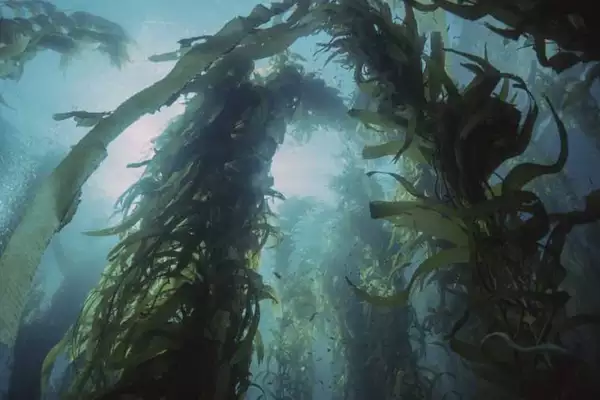NITI Aayog has published a report titled “Strategy for the Development of Seaweed Value Chain.”
About Seaweeds:
- Seaweeds are a type of marine plant and macroalgae, that play a crucial role in aquaculture.
- The contribution of the fishing and aquaculture sector to India’s GDP is 1.5%.
About Seaweed Farming
- Seaweed Farming involves the cultivation of various marine plants and macroalgae, thriving in water bodies like rivers, lakes, and other marine environments.
Significance
- Economic: Seaweeds are valuable for their bioactive compounds with applications in food and pharmaceutical industries.
- Environmental: Play a significant role in carbon sequestration and enhancing climate resilience.
- Nutritional: Provide essential minerals and vitamins such as A, B1, B12, and others, contributing to health benefits.
Ref: Source
| UPSC IAS Preparation Resources | |
| Current Affairs Analysis | Topperspedia |
| GS Shots | Simply Explained |
| Daily Flash Cards | Daily Quiz |
Frequently Asked Question:
What is the role of seaweeds in aquaculture?
Seaweeds are marine plants that play a crucial role in aquaculture by providing habitat and food for marine organisms, promoting a healthy ecosystem.
What is the contribution of the fishing sector to India’s GDP?
The fishing and aquaculture sector contributes 1.5% to India’s GDP, showcasing the economic importance of this industry in the country.
Where can seaweed farming take place?
Seaweed farming involves the cultivation of marine plants in various water bodies such as rivers, lakes, and other marine environments, promoting sustainable agriculture.



